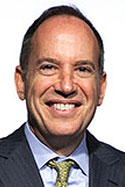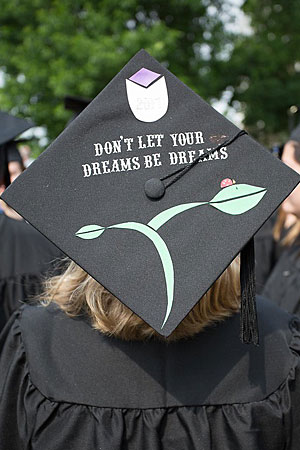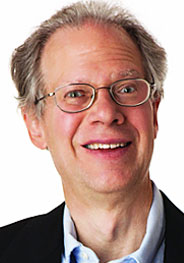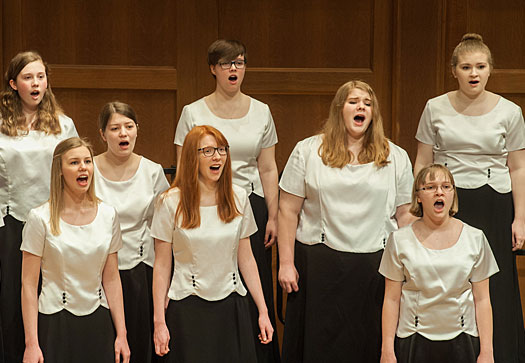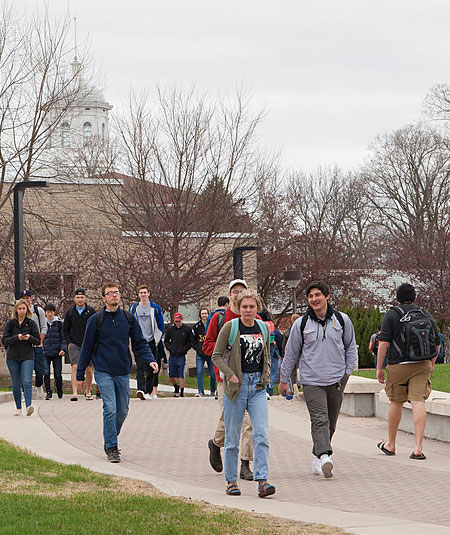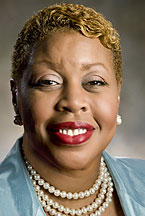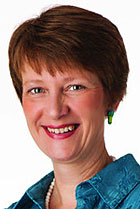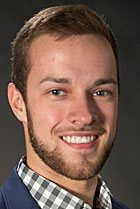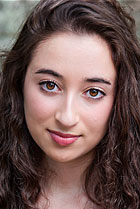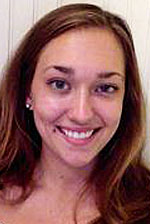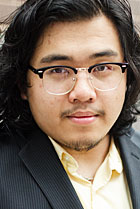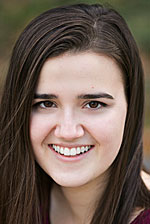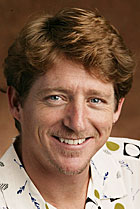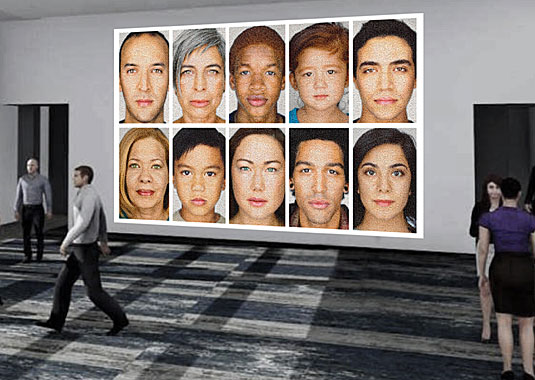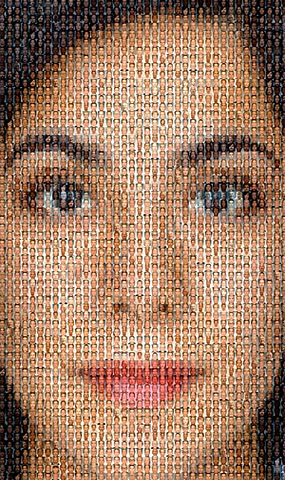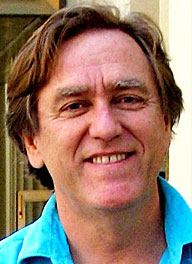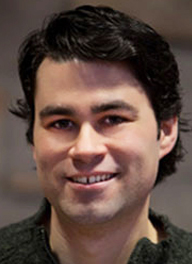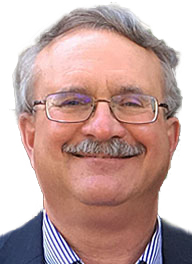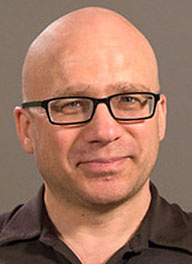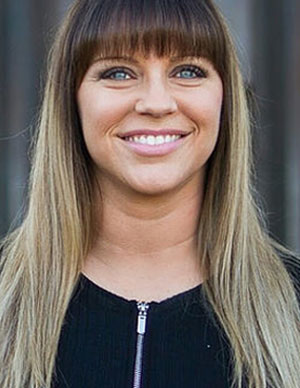The element of diversity known as bodyweight variation will be explored through both a scientific and personal lens in the latest presentation of Lawrence University’s cultural competency series.
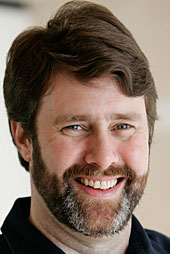
Mark Jenike, associate professor of anthropology, presents “Fat Stigma: Why All of Us Are Stakeholders in Obesity” Thursday, Jan. 11 (rescheduled from Jan. 4) at 11:15 a.m. in the Warch Campus Center. The event is free and open to the public, but advance registration would be appreciated at div-inclusion@lawrence.edu.
A world-wide issue, fat stigma has emotional as well as physical consequences, including poor health outcomes and exacerbating obesity. Incorporating results from a recent focus group study involving large-bodied individuals from the Fox Valley, Jenike will discuss some of the causes of bodyweight variation and the role personal responsibility plays.
The program is designed to highlight ways to show more respect and inclusion for people of all sizes by avoiding stigmatizing and blaming.
A specialist in nutritional anthropology and human evolution, Jenike serves as an advisor to Lawrence’s Food Recovery Network. He joined the Lawrence faculty in 2004.
About Lawrence University
Founded in 1847, Lawrence University uniquely integrates a college of liberal arts and sciences with a nationally recognized conservatory of music, both devoted exclusively to undergraduate education. It was selected for inclusion in the book “Colleges That Change Lives: 40 Schools That Will Change the Way You Think About College.” Engaged learning, the development of multiple interests and community outreach are central to the Lawrence experience. Lawrence draws its 1,500 students from nearly every state and more than 50 countries.
